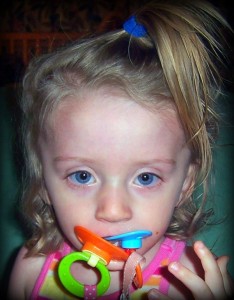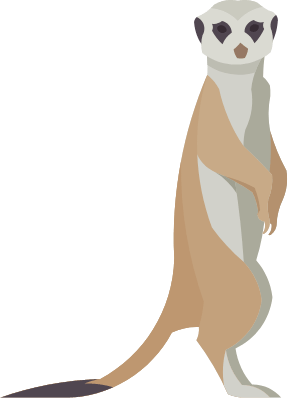Could Your Child Have Sleep Apnea?
What is Sleep Apnea?
Sleep apnea is a breathing disorder caused by narrowing of the airway due to obstruction or abnormal relaxation of the muscles in the back of the throat and resulting in cessation of breathing. This can lower the oxygen level in the blood, which signals the brain to awaken to facilitate breathing. The disruption in breathing can occur multiple times per night, which result in fatigue and often more serious health conditions.

I didn’t know children suffered from this! How common is it?
Sleep apnea is more common in adults than children. It is estimated that up to 5% of children experience some form of sleep apnea. Some studies indicate that as many as ¼ of children diagnosed with attention-deficit hyperactivity disorder may have symptoms of sleep apnea.
What causes sleep apnea in children?
The mechanisms that cause sleep apnea in children aren’t all known, but there are some risk factors:
- Excess weight
- Sinus problems or severe allergies
- Enlarged tonsils or adenoids
- Sinus obstruction
- Children with craniofacial anomalies
- Neuromuscular diseases such as cerebral palsy
- Down syndrome
- Gastroesophageal reflux disease
Are there symptoms I should look for?
Symptoms may include:
- Loud snoring on a regular basis
- Pauses or gasps indicating he or she has stopped breathing
- Restless sleep
- Sleeping with head in an unusual position
- Behavioral or learning issues in school
- Headaches, especially upon waking
- Irritability or agitation
- Sleeping or extreme tiredness during the day, i.e. falling asleep in class
- Regularly breathing through his or her mouth
- Bed wetting
- Sleep walking
Will my child outgrow it?
Each child is unique. If your child has sleep apnea solely because of a temporary sinus infection, then it may resolve. Any time you notice your child having difficulty with sleep or breathing, however, it’s best to see the Pediatrician right away.
How is it diagnosed?
Your child’s Pediatrician will do a thorough history and examination and ask you about symptoms your child may be experiencing. He or she may also recommend a sleep specialist and sleep study for a definitive diagnosis. This study is called a polysomnogram. It’s typically accomplished with an overnight stay in a hospital setting or sleep center by a Sleep Technologist and will monitor and record functions such as:
- brain waves
- heartbeat
- eye movements
- leg movements
- breathing patterns
- oxygen levels
How is it treated?
Treatment varies depending on your child’s unique situation. Some treatments can include:
- Allergy medication for those children who suffer from allergies
- Asthma medications or inhalers if deemed appropriate by your Pediatrician
- Treatment for gastroesophageal reflux
- Weight loss – healthy diet and exercise under the supervision of a doctor if your child is obese
- Oral appliances can help keep the tongue from blocking the airway
- Orthodontic therapy may be the recommended treatment depending on your child’s situation
- There is a device which expands the diameter of the hard palate in as little as 6 months, which has been successfully used to treat children as young as six.
- CPAP Therapy – Continuous Positive Airway Pressure Therapy, where your child wears a mask so he or she can breathe more easily during sleep. These prevent the airway from ‘collapsing’ during inhalation.
- Surgery to remove tonsils and/or adenoids in children with chronic inflammation

What are the long-term health issues associated with it?
- Extreme daytime fatigue
- Difficulty in school – learning or behavioral issues
- ADHD
- Possible delayed growth
- May be linked to cardiovascular problems
Takeaway
If you suspect your child may have sleep apnea, you should make an appointment with his or her Pediatrician right away. Let us know if the Pediatrician recommends an oral appliance. We’ll work with you, your Pediatrician and your child toward a positive outcome and better sleep.
More information on sleep apnea in children can be found at www.sleepapnea.org , www.sleepfoundation.org and the American Academy of Pediatric Dentistry http://www.aapd.org/media/Policies_Guidelines/P_SleepApnea.pdf













